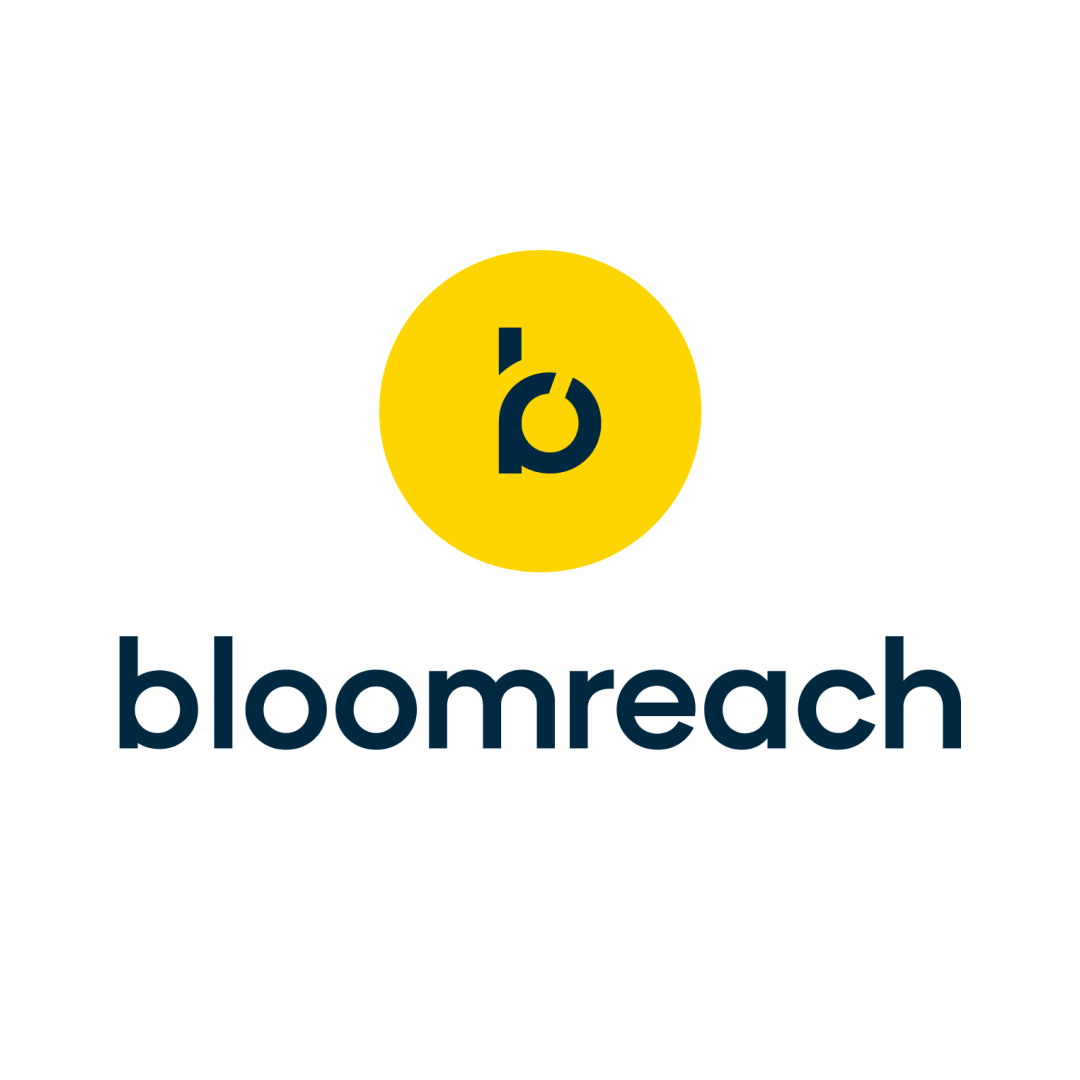
In this Under The Hood interview, I had the privilege of speaking with Juliet Scott-Croxford, the President of Brompton Bikes (North America). Juliet shared some incredible insights into the story behind Brompton, the mission they're on as a business and some of the unique challenges they face with growth in North America.
We also had the opportunity to chat through unique tactics, partnerships and marketing strategy her team leverages to drive high growth in existing and new markets in North America. Juliet has an incredible, long-term perspective for how Brompton can continue to scale in North America as cycling and sustainability continue to grow across high density cities and areas.
I hope you enjoy the interview below!
Juliet: We were established in 1975 by Andrew Ritchie in his apartment. He really wanted to build a bike that would be easy to get around the city with, but also nimble enough to get up the stairs and unfold. Fast forward over 40 years later, we now offer a full suite of sustainable micro-mobility solutions and practical products designed to make urban living more enjoyable, accessible and fun.
Brompton is famous for its unique fold – it falls into a third of its size, it folds into three parts, and it comes in a number of different lines including an electric version. We distribute to over 47 countries globally and we’ve manufactured over a million bikes, producing around a hundred thousand bikes a year.
The company operates 15 flagship retail stores across cities globally like Beijing, New York and Washington D.C. (coming soon). We also distribute through retail and have over 40 retailers. With those partners, you can just stop into their locations, test the bike and purchase it. You can also use them to service your bike for any tune ups or repairs.
We are building a community of like-minded people who share what I would call the goal of living swiftly and making the world a better, cleaner, more human centric place. It's a lifestyle choice for people who live in cities, urban environments and metropolitan areas.
Overall, our core mission is to to make the world a better place and transform it into a cleaner, happier and more human centric place. With that, we are also on a mission to make the world an easier place to navigate and move around – especially in busy, high population areas. We like to say our tagline is to “get more butts in seats” at Brompton to encourage more people to move actively around a city.

Juliet: Our biggest markets so far are New York, Los Angeles and Washington, D.C. They happen to be the cities that we're most focused on right now too.
There are a lot of cities across North America that are improving things like bike infrastructure. There are heavy investments taking place not only at the federal level, but also at a local level with driver advocacy and such. It’s quite an inflection point with living in these cities.
Partnerships for Brompton have been incredibly fruitful and have helped us accelerate new awareness and loyalty from consumers. It’s also driving a lot of new word of mouth for us. We recently did a program with the Parson’s School of Design where we worked with students in their industrial design program to challenge them to design aspects for the bike and the city 50 years into the future. This program helps us engage with a different, younger demographic and really ideate around what the future of biking in metropolitan cities could look like. Building awareness from Brompton is a really holistic approach that combines the digital world (traditional marketing and media) with the physical world (partnerships and IRL activations).
Juliet: It's really important but I think it's also worth acknowledging that it takes a long time.
It's not just picking a city that happens to have a massive population – it really does depend on the mentality of the city, the lifestyle trends and also how consumers are thinking about living a more sustainable lifestyle. There are cities like LA which are really interesting because the people are incredible.
We obviously want to reach those people who are driving 2-3 miles to work in the city and could use a Brompton Bike to enhance that experience. It also goes for their lifestyle – if you want to explore outside of the city, our bikes are an awesome way to do so. You just throw one into the back of your car, drive somewhere neat and then unfold to ride.

JULIET: The first one which, which was really a global thing for Brompton, is that we are now certified for our B-corp certification. This essentially signals that we put the planet first in every single aspect of our business and that we are being a net force for good. We are committed to reaching net zero by 2050 and working aggressively to get there sooner. Close to 96% of our global operational energy is sourced through renewable energy and carbon neutral gas contracts. Recent efficiencies across Brompton's UK facilities have contributed to a 9% reduction in emissions per bike - and much more that we’re really proud of as a business.
The other piece that is super exciting for us is around building, engaging our community. We did a lot of work on what motivates customers to join Brompton and a lot of it was really focused on this notion of human connection and shared experiences in-person. Especially post-COVID, the need for human connectivity has never been greater. There is a real interesting element to this that speaks to the loneliness epidemic which is something we’ve been exploring a lot. This aspect of our community – being a force for good both from a mental health aspect and a sustainability aspect – has been very exciting as we grow our reach and community awareness.
Juliet: There’s so many – it’s such a long list. We are very excited about leaning into any cities that are taking advocacy seriously when it comes to bike infrastructure and biker safety. Some of the top cities on our list include Boston, Miama, San Francisco, Chicago and Toronto.
There are even smaller or mid-sized cities like Charleston and San Diego where we are seeing some interesting growth. We want to make sure that we are balancing our coverage across North America to balance out the seasonality of outdoor biking.

Juliet: The insights that we get from our consumers and from the community not only drive what cities we go to next, but they also help drive product development. The direct to consumer part of our business is a huge part for us both in terms of reaching net new customers but also capturing really valuable data. The cities that we decided to enter into have really been driven by what kind of investment is going into that city and the mentality they have around cycling, but also driven by the organic growth we are seeing in ecommerce. We use a lot of unique marketing tech tools to help us enable our data even further.

Northbeam is a universal attribution platform for media buyers, business executives, and marketing agencies that want to know exactly how their ad spend is performing – and how to improve it. We combine sophisticated data cleansing and stitching with proprietary ML models to create hourly, channel-agnostic reports so you can scale with confidence.

Bloomreach is the world’s #1 Commerce Experience Cloud, empowering brands to deliver customer journeys so personalized, they feel like magic. It offers a suite of products that drive true personalization and digital commerce growth. Together, these solutions combine the power of unified customer and product data with the speed and scale of AI-optimization, enabling revenue-driving digital commerce experiences that convert on any channel and every journey.
Juliet: Northbeam is critical from ad spend and attribution perspective. It helps us dial in with our performance marketing and understand where our customers are coming from digitally.
Mention.me is definitely one that we are using more and more to help both increase customer lifetime value and to help acquire new customers in a more organic, authentic way. The other tool that we introduced recently is Advent Link, which supports our affiliate marketing network. It allows us to drive ecommerce sales either by embedding it in different pieces of content from a publisher or when we're working with influencers.
I would also say BloomReach has been important to our D2C success. BloomReach is our CRM platform. We’ve made great strides in the last 12 months with our tech stack.
Juliet: Hustle. I would definitely say hustle. I think because we are operating in relatively new, low awareness markets for Brompton, I think it's like curiosity and hustle. We want to reach consumers and to do that we need to trial, test and learn new things constantly. It's that kind of agility, curiosity and hustle that drives our success forward each day.
Discover new D2C brands, new eCommerce tools and read in-depth founder reviews each week.
